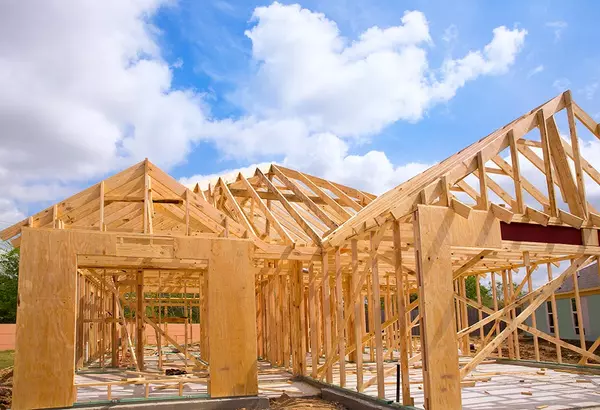
The Ideal Moment for Homebuyers Is Here: Don’t Miss Out!
After spending months on the sidelines due to high mortgage rates and affordability challenges, many homebuyers now have a window of opportunity to act. With interest rates slowly declining, today's housing market is a prime time for buyers—and it won’t last forever. So, if you’ve been holding off

Why Buying is Now More Affordable Than Renting in 22 Major U.S. Cities
According to a recent study by Zillow, in 22 of the top 50 largest U.S. metro areas, monthly mortgage payments have dropped below rent payments (see chart below:) This shift marks a significant change in the housing market, creating a golden opportunity for potential homeowners. With mortgage rat

Debunking Common Myths About Real Estate Agents
When you’re ready to buy or sell a home, choosing the right real estate agent is one of the most important decisions you’ll make. It can significantly impact the entire process, affecting how smooth, successful, and stress-free your experience will be. As you decide who to partner with, it’s essent
Categories
Recent Posts










